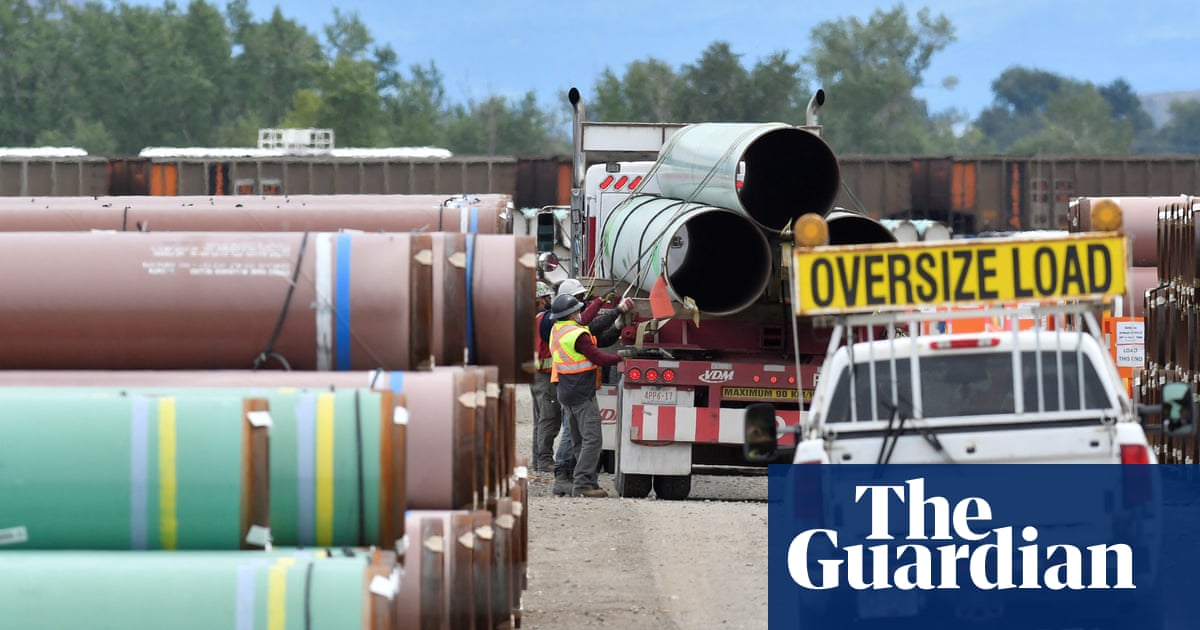
Oil and gas companies have announced plans to increase drilling by 8% in Canada next year in order to capitalize on new transportation opportunities, such as a government-owned pipeline that has sparked controversy.
On Friday, the Canadian Association of Energy Contractors (CAOEC) predicted that Canada will fall short of its emissions reduction goals and will see an increase of nearly 500 wells next year, bringing the total number of projects to 6,229.
Canada, the fourth-largest oil producer globally, is considering implementing an emissions limit on its oil and gas industry. In preparation for the Cop28 climate conference in Dubai next week, Environment Minister Steven Guilbeault aims to develop a proposal. However, the fossil fuel sector believes that the suggested limits are overly strict.
Even though Canada has set ambitious targets for reducing carbon emissions, it is projected to fall short of its goal of reducing them by at least 40% from 2005 levels by 2030. This is partly due to the continued emissions from the oil and gas industry. A recent audit revealed that the only significant reductions in emissions occurred during the 2008 financial crisis and the Covid-19 pandemic.
In a recent statement to reporters, Jerry DeMarco, the commissioner of the environment and sustainable development, pointed out that Canada is the sole G7 nation that has not made any progress in reducing emissions since 1990.
According to CAOEC, the upcoming opening of new pipelines, such as the long-awaited Trans Mountain expansion project, was a driving force behind the initiation of new drilling projects.
In 2018, the Canadian government purchased the troubled TransMountain project from Kinder Morgan for C$4.5 billion (US$3.3 billion). The prime minister stated that Canada needed to address a bottleneck in crude-oil transportation, which was causing Canadian oil producers to lose billions of dollars in export revenue each year. Additionally, he promised to use profits from the pipeline to fund initiatives in renewable energy.
Over the years, the Canadian government has invested over C$35 billion into the project, but it has turned into a problematic infrastructure project due to excessive expenses and setbacks.
According to Conor Curtis from the Sierra Club Canada Foundation, it is clear that there is no possibility to increase oil and gas extraction while still meeting climate goals. He suggests that if the same level of effort was put into developing renewable energy sources instead of the Trans Mountain project, Canadians would benefit greatly.
Regardless of their stance on expanding the oil and gas industry, a significant majority of Canadians are now in favor of robust regulations for emissions in this sector, aligned with Canada’s national targets for reducing emissions.
Source: theguardian.com
















